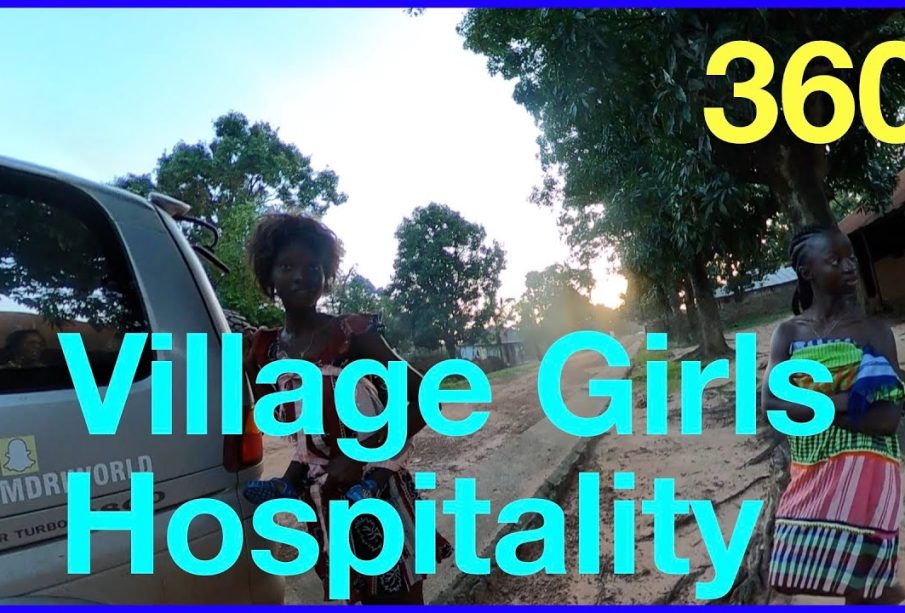Latest News on Guinea Bissau: Political and Economic Developments

Introduction
Guinea Bissau, a small West African nation, continues to draw attention for its political challenges and economic developments. As one of the world’s least developed countries, its struggles with governance and stability are crucial not only for its citizens but also for the broader region. Recent developments in 2023 have highlighted the ongoing political turmoil and potential paths toward recovery.
Political Landscape
Following a period of instability, Guinea Bissau held parliamentary elections in March 2023. Voter turnout was around 75%, reflecting a strong desire for democratic participation among the population. However, the aftermath of the elections has seen accusations of irregularities and calls for transparency in the electoral process. The African Union and ECOWAS (Economic Community of West African States) have expressed concern over the implementation of democratic norms and are monitoring the situation closely.
Economic Challenges
The economy of Guinea Bissau is predominantly based on agriculture, with cashew nuts being a significant export commodity. In 2023, the World Bank projected a modest growth rate of 3% for the country, driven mainly by agriculture and remittances from the diaspora. However, the economy faces numerous hurdles, including fluctuating commodity prices, inadequate infrastructure, and limited access to markets. Additionally, the COVID-19 pandemic has exacerbated pre-existing economic vulnerabilities, underscoring the need for comprehensive development strategies.
International Support and Future Prospects
International partners, including the United Nations and various NGOs, have pledged support for Guinea Bissau’s road to recovery. Efforts are underway to enhance governance, boost agricultural productivity, and improve social services. The ongoing support aims to strengthen institutions and promote peace, which are essential for the nation’s long-term stability.
Conclusion
In conclusion, Guinea Bissau stands at a crossroads as it navigates significant political and economic challenges. The developments in 2023 provide a glimmer of hope for potential reform and recovery. As the country strives to stabilise its governance and improve its economic conditions, the active engagement of the international community will be crucial in shaping a prosperous future for its citizens. Readers should keep an eye on this nation’s progress, as it serves as a compelling case study of resilience in the face of adversity.









